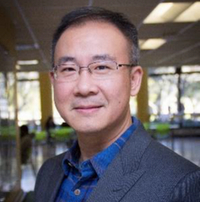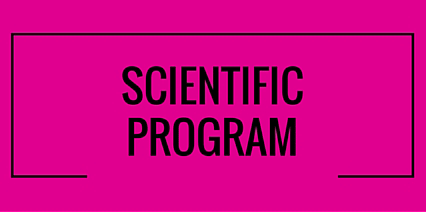
Jing Wang
Full Professor, University of South Florida, USA Director of RF MEMS Transducers Group
Title: RF/Bio MEMS Transducers for Microsystems-on-a-Chip
Biography
Biography: Jing Wang
Abstract
This talk is going to present our recent efforts towards strategic design, advanced manufacturing, and characterization of miniaturized devices for emerging RF/MW/Biomedical microsystems.
Firstly, this talk will discuss design, fabrication and testing of high-frequency selectivity (high-Q) on-chip micro-resonators for wireless telemetry and sensor applications. The most recent progress in the area of high-Q micromechanical resonators will be presented, which outperform the current state-of-the-art QCM, SAW and BAW devices, thus enabling the next generation point-of-care and/or disposable biosensor applications. This talk will also review our ongoing efforts for implementation of chip-scale acoustic/optical sensing platforms by taking advantages of optical and acoustic resonances. The ability to integrate an array of miniaturized capacitive/piezoelectric micromachined ultrasonic transducers offers unique performance benefits thus enabling continuous monitoring or imaging.
Secondly, this talk will discuss the fabrication and characterization of surface-attached microbeam arrays of that are made of a thermoresponsive polymer with embedded spherical or octopod Fe3O4 nanoparticles. Turning on and off an AC-magnetic field induces the microbeam array to expel or imbibe water due to the hydrophilic-to-hydrophobic transition, leading to a reversible transition from a buckled to non-buckled state. It is shown that the octopod nanoparticles have a heating rate 30% greater (specific absorption rate) than that of the spherical nanoparticles, which shortens the response time of the polymer MEMS micro-actuators. It is further demonstrated that this shape transition can be used to propel 50μm spherical objects along a surface. It holds promise of harnessing shape-shifting patterns in microfluidics for manipulation biological samples, which is crucial for microbiology, pharmaceutical science, and related bioengineering fields.

